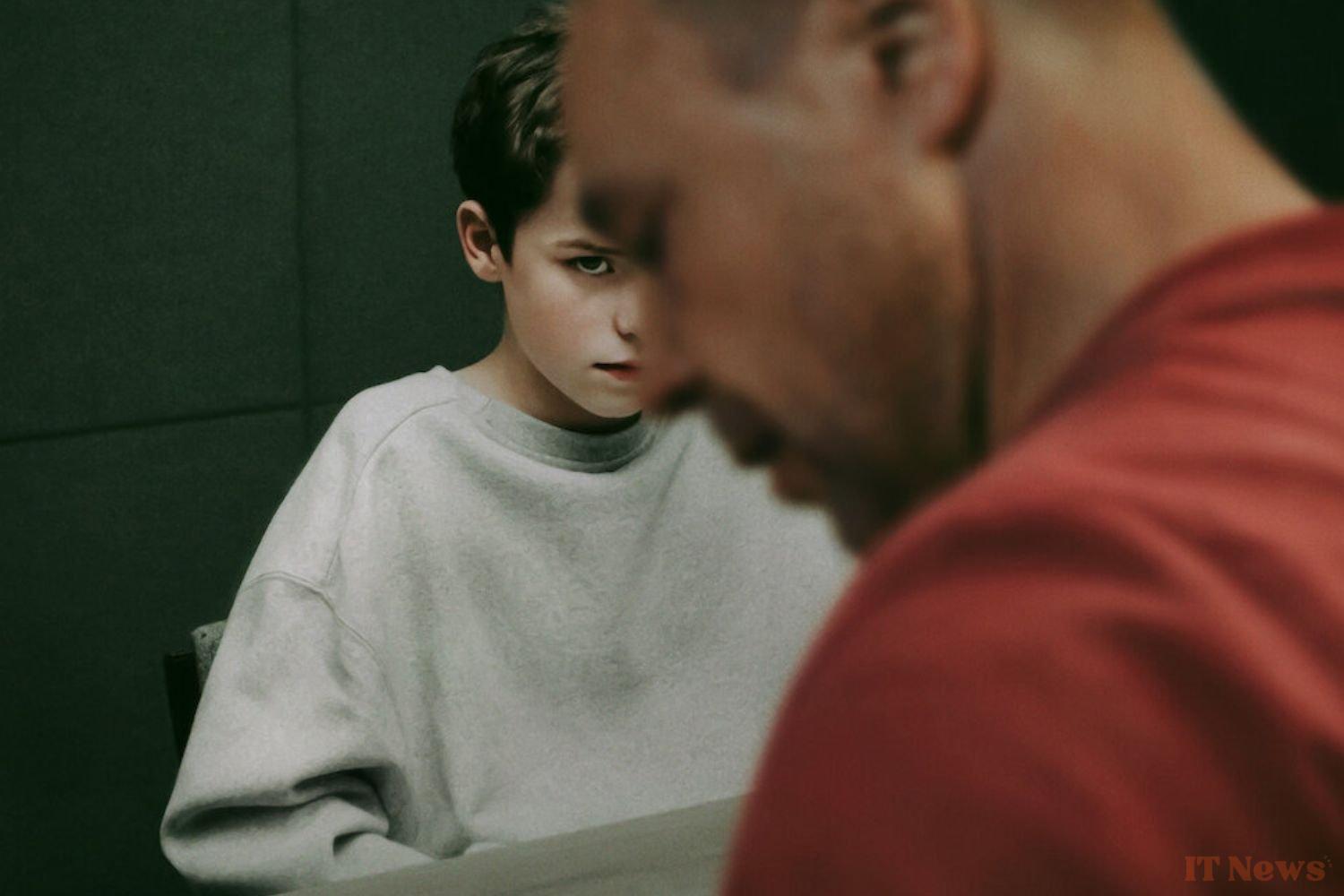On Netflix, the series Adolescence had a gut-punch effect. In addition to its technical prowess of a single-shot production, the show has allowed us to question the growth of masculinist discourse among young people on social networks. Since its broadcast, Adolescence has established itself as a global phenomenon, surpassing 96 million views in 17 days and entering the Top 10 most-watched English-language series of all time on the platform. No doubt because the story of 13-year-old Jamie, accused of the murder of a classmate after being exposed to misogynistic and masculinist discourse online, violently echoes our reality.
Fiction as a mirror of reality
The success of the series has pushed the United Kingdom to consider showing it in schools. In France, the Minister of National Education, Elisabeth Borne, has expressed her support for raising awareness among students on these subjects, without planning to show Adolescence in schools, preferring to rely on local resources. If the series is so disturbing, it is because it head-on questions the responsibility of education and social networks in the radicalization of young boys.
Like religious subjects, masculinism (which believes that men suffer from the emancipation of women and advocates a return to patriarchal values) is gaining visibility on social networks. Some influencers accumulate millions of views, promoting the idea of a masculinity “strong”, and denouncing feminist advances as a threat to men's identity and place. Whether citing supposed sexual misery or idealizing the figure of an “alpha male” capable of subjugating women, the rhetoric remains the same among incels. The fact remains that the discourse is now well established, and that it finds a particular resonance among young men in search of reference points, or confronted with relationship difficulties.
Educate your sons
The 2025 report of the High Council for Equality (HCE) draws up an alarming observation: French society is becoming increasingly polarized around gender issues. Women increasingly identify as feminists, while men, especially those under 35, are more likely to adhere to masculinist discourses. Nearly half of young men believe it is difficult to be a man today, and 52% of 25-34 year-olds believe that society “hounds men“. A crisis of masculinity fueled by the media, social, and political spheres. Like racism and homophobia, sexist and masculinist discourses are trivialized, sometimes presented as simple opinions.
Faced with this rise in extremism, schools and families are on the front lines. The difficulties of accessing education on relational, emotional, and sexual life in France crystallize this lack of information. Young people are left alone with their uncertainties, building themselves with what they have at hand. While the phenomenon is not new, it is taking on an unprecedented scale in the digital age, taking place in a context of identity tension and the questioning of progress in terms of gender equality. It is no coincidence that the series The Handmaid’s Tale is so anxiety-inducing: The image of Adolescence, dystopia acts as a mirror of a totalitarian future, built on small inactions. It will now be a question of taking concrete action to deconstruct hate speech and promote new models of masculinity, or risk seeing the generational and social divide widen.



0 Comments